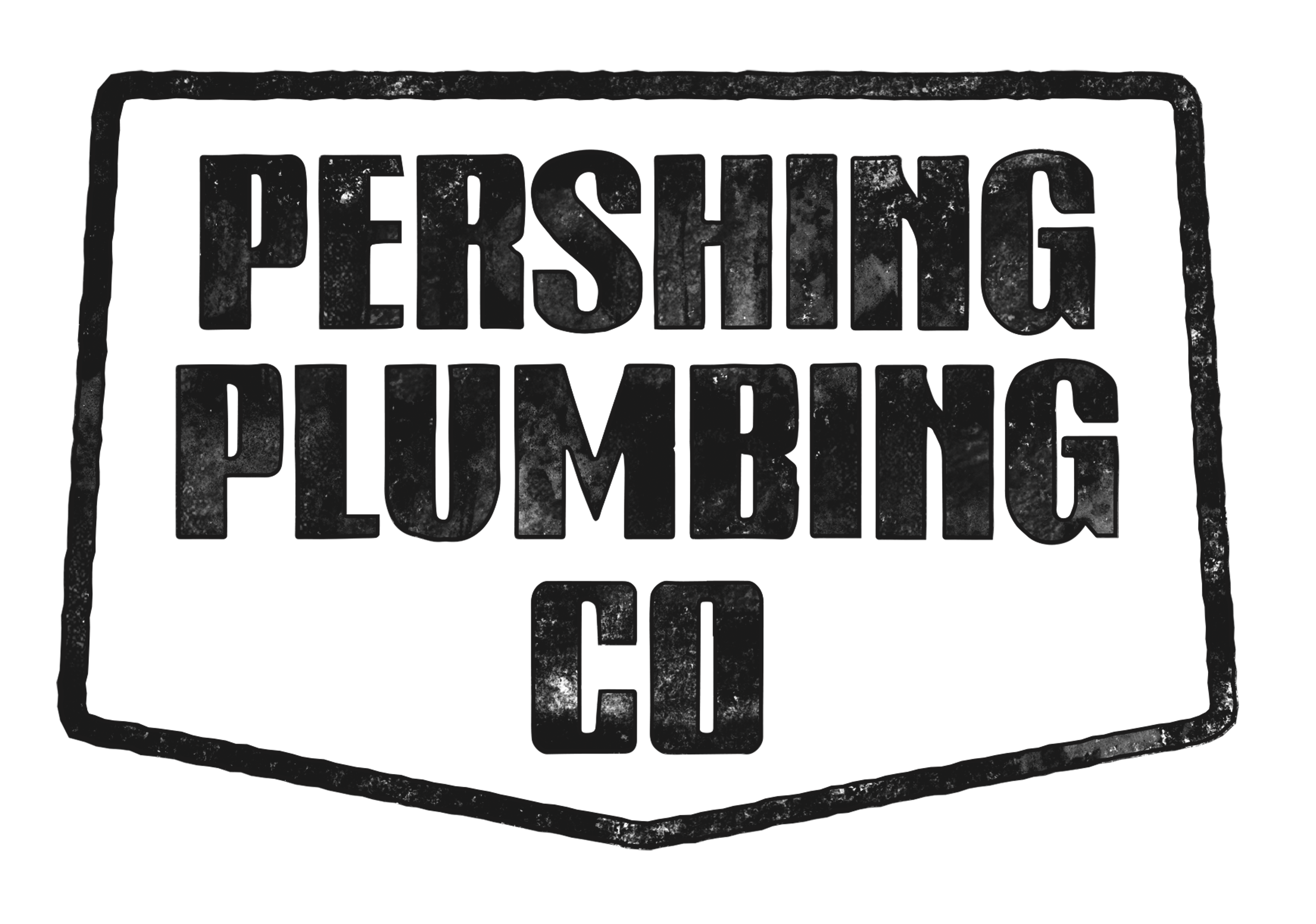The symphony of sounds from a water heater, often dismissed as mere background noise, can actually be crucial signals indicating the need for attention. Understanding the nuances behind these noises can unveil potential issues and prevent future complications. This blog explores the less talked about reasons behind water heater noises, offering a fresh perspective on maintaining this essential home appliance.
Air Ingress and Trapped Gases: Air bubbles or gases trapped in the water heater can lead to gurgling or ticking sounds. Innovations in water heater design now include features that minimize air and gas entrapment, promoting quieter operation.
Pipe Contraction and Expansion: The pipes connected to your water heater expand and contract with temperature changes, which can produce ticking or creaking sounds. Insulating your pipes or using newer materials that reduce thermal noise can address this issue.
Anode Rod Wear: The anode rod in your water heater prevents corrosion by attracting corrosive elements in the water. When it wears down, it can create a hollow or knocking sound. Modern water heaters come with longer-lasting anode rods or corrosion-resistant tank materials that make replacement less frequent.
Internal Tank Flaws: Rarely, the noise may be due to a flaw within the tank itself, such as a crack or weld point failure. Advanced manufacturing techniques now focus on enhancing tank integrity to prevent such issues.
Conclusion: Water heater noises should not be ignored, as they can be symptoms of underlying issues needing attention. By exploring the reasons behind these sounds, homeowners can take informed actions to address and rectify the problems, ensuring the efficient and quiet operation of their water heating system. With ongoing advancements in water heater technology, new models offer improved durability and quieter performance, making it easier to maintain a serene and functional home environment.

